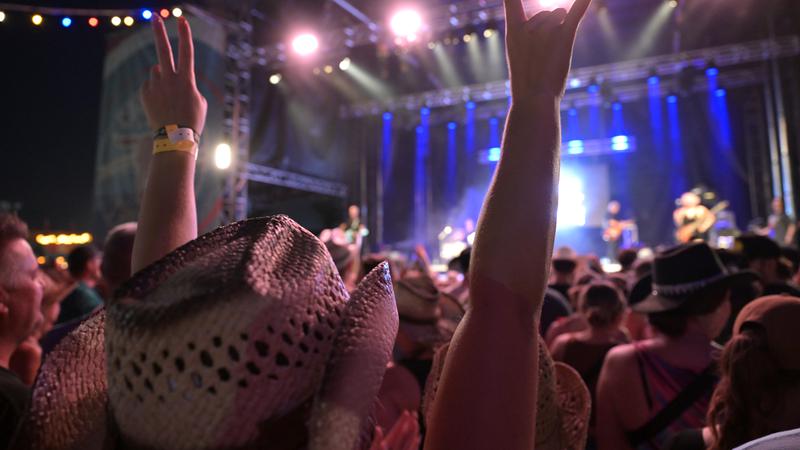Mexico’s presidential front-runner a wildcard for US ties
MEXICO CITY — Mexico’s leftist presidential front-runner is combative and unbending, and his personality-based campaign proclaiming honesty and fiery nationalism could set up a unique and combustible relationship with his northern counterpart should he win.
Andres Manuel Lopez Obrador has long preached a Mexico-first stance, accusing its government of servility to Washington and lambasting the free trade that he says has devastated his country’s farms and workers. President Donald Trump’s call to reduce U.S. economic ties with Mexico meshes with his demand to make Mexico less reliant on America.
Some have speculated that if Trump threatens to scrap the North American Free Trade Agreement, Lopez Obrador as president would simply say “go ahead” with a smile. While the candidate has toned down his criticism of the trade pact ahead of Mexico’s July 1 presidential election, and even expressed some support for it, how he would handle the renegotiation of NAFTA by the U.S., Mexico and Canada is a great unknown.
Adding to the potential combustibility of U.S.-Mexico ties, Lopez Obrador like Trump doesn’t shy from an insult or from Twitter. And both have campaigned as outsiders, Trump talking of “draining the swamp” in Washington, while Lopez Obrador rails against “the mafia of power” that rules Mexico.


